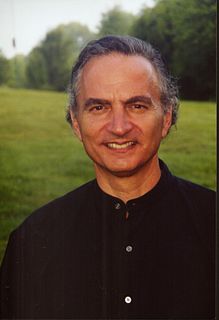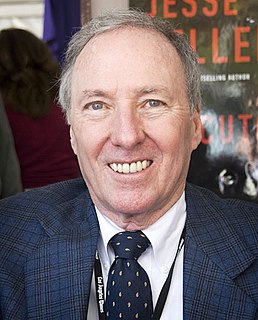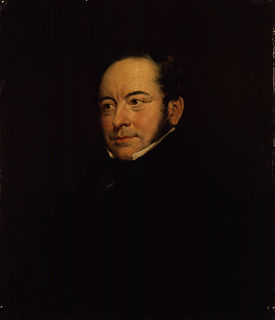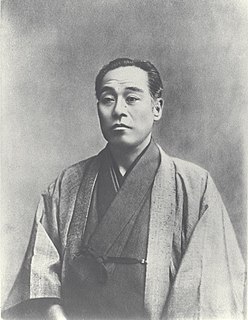A Quote by Joseph Addison
Ridicule is generally made use of to laugh men out of virtue and good sense, by attacking everything praiseworthy in human life.
Quote Topics
Related Quotes
in addition to the conditions under which life is given to man on earth, and partly out of them, men constantly create their own, self-made conditions, which, their human origins notwithstanding, possess the same conditioning power as natural things. whatever touches or enters into a sustained relationship with human life immediately assumes the character of a condition of human existence. this is why men, no matter what they do, are always conditioned beings. whatever enters the human world of its own accord or is drawn into it by human effort becomes part of the human condition.
In its broad sense, civilization means not only comfort in daily necessities but also the refining of knowledge and the cultivation of virtue so as to elevate human life to a higher plane... It refers to the attainment of both material well-being and the elevation of the human spirit, [but] since what produces man's well-being and refinement is knowledge and virtue, civilization ultimately means the progress of man's knowledge and virtue.
Yes, I laugh at all mankind, and the imposition that they dare to practice when they talk of hearts. I laugh at human passions and human cares, vice and virtue, religion and impiety; they are all the result of petty localities, and artificial situation. One physical want, one severe and abrupt lesson from the colorless and shriveled lip of necessity, is worth all the logic of the empty wretches who have presumed to prate it, from Zeno down to Burgersdicius. It silences in a second all the feeble sophistry of conventional life, and ascetical passion.
If we state the function of man to be a certain kind of life, and this to be an activity or actions of the soul implying a rational principle, and the function of a good man to be the good and noble performance of these, and if any action is well performed when it is performed in accordance with the appropriate excellence human good turns out to be activity of the soul in accordance with virtue, and if there are more than one virtue, in accordance with the best and most complete.
It is not only spirits who punish the evil, the soul brings itself to judgment: and also it is not right for those who endure for ever to attain everything in a short time: and also, there is need of human virtue. If punishment followed instantly upon sin, men would act justly from fear and have no virtue.




































